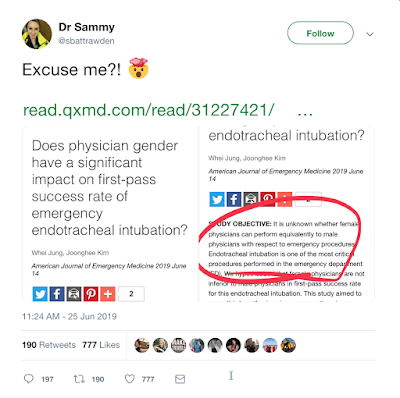
BY ANISH KOKA
A national study from Korea published in the European Heart Journal sheds important new light on complications related to COVID vaccine related myocarditis. While US public health authorities have been convinced from the very beginning about how safe and effective the new vaccines are, researchers in other countries with far smaller budgets have been testing that theory.
It was Israeli researchers that first highlighted the novel mRNA vaccines as potentially causing myocarditis in the Spring of 2021, but it has proven difficult to quantify the risk of severe complications beyond scattered case reports of severe morbidity and mortality. In part, US researchers are hampered by vaccine reporting systems in the US that are passive surveillance systems relying on voluntary reporting of vaccine adverse events. This has the potential of under-reporting adverse events, which was exactly the conclusion of an earlier JAMA analysis on US VAERS vaccine myocarditis cases.
Diving deep into the methods and results of the study
The South Korean approach was to organize a national reporting system under the auspices of the Korean Disease Control and Prevention Agency (KDCA). The KDCA also established a reporting system with a legal obligation for special adverse events including myocarditis and pericarditis after COVID-19 vaccination. To evaluate all reported cases of suspected myocarditis or pericarditis after COVID-19 vaccination, the KDCA organized an “Expert Adjudication Committee on COVID-19 Vaccination Pericarditis/Myocarditis”. The committee comprised 7 experts in cardiology, 1 in infectious disease, 2 in epidemiology, epidemiologic investigators in 16 regional centers, and officials from the KDCA.
Among 44,276,704 subjects vaccinated from 26 February to 31 December 2021, 1533 cases of suspected myocarditis were reported to the KDCA. The committee adopted the myocarditis case definition and classification of the Brighton Collaboration (BC) (see figure below) for the diagnosis and degree of certainty of a Vaccine Related Myocarditis (VRM) diagnosis.
Continue reading…










